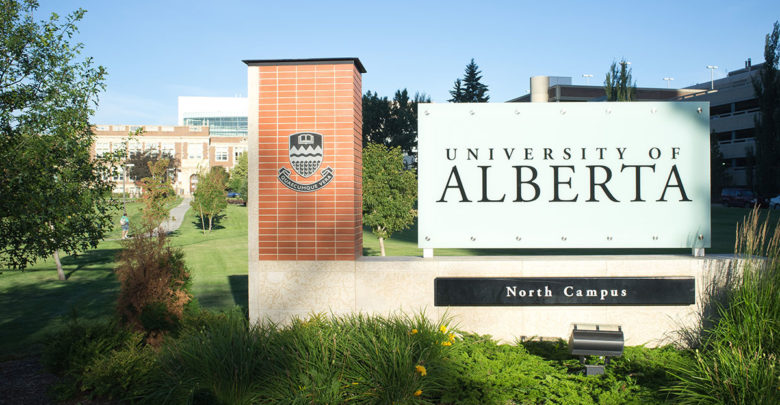Open letter requesting for mandatory vaccinations and masking, air quality information, and rapid testing at U of A circulates online
Jillian Buriak described being prompted to draft this open letter after sensing stress and apprehension being felt by the U of A community in returning back to campus.
 Areeha Mahal
Areeha MahalThe University of Alberta is currently not mandating vaccines or masking for the upcoming fall semester, prompting the circulation of an open letter signed by over 1,000 community members within 68 hours.
Jillian Buriak, a professor of chemistry at the University of Alberta, drafted the open letter addressed to Bill Flanagan, the University of Alberta president, Steven Dew, provost and vice-president (academic), and Board of Governors Chair Kate Chisholm.
This letter requests the university consider mandatory vaccinations, provide information regarding ventilation and filtration in classrooms, provide accessible vaccinations to those who are partially vaccinated, and make rapid testing easily available. According to Buriak, she was motivated by a similar request circulating the University of Calgary.
Buriak described being prompted to draft this open letter after sensing stress and apprehension being felt by the U of A community in returning back to campus.
“I sense, feel, and know that people are feeling a lot of stress,” she said. “People are just frankly scared… I’ve seen this stress playing out all over the place.”
As mentioned in a statement recently released by Flanagan, masks and vaccines will not be mandated on campus but will be encouraged.
“We’ve looked very carefully at the question of mandatory vaccinations, and we decided not to go in that direction as University,” Flanagan said. “Instead, what we’re really focusing on voluntary vaccination — making sure that all members of the university community, particularly our students have access to full information about the efficacy and safety of vaccinations.”
When considering the open letter’s request for information regarding ventilation and filtration in classrooms, Flanagan said the university would be willing to make this information accessible to the public.
“[The university is] happy to share that information completely transparently about the ventilation systems, how they operate, how we’re monitoring them, and how we modify them in order to meet industry standards,” he said.
Buriak expressed concern regarding the university’s COVID-19 response for the fall semester.
“The [university] response we’re getting, especially in light of the last government announcement… that basically says all the public health supports are going to be gone… [makes] you realize that having 40,000 students on campus from all over, in the least vaccinated demographic in the least vaccinated province in the country, sounds like a super spreader starter kit,” Buriak said.
According to Buriak, more strongly enforced COVID-19 regulations, such as the ones presented in the open letter, could help to prevent sickness on campus and help avoid reverting back to online classes.
“We don’t want people to get sick, we don’t want to have to suddenly go back online,” she said. “This is the fight for the students. To [go back online would be] devastating, and no one wants that.”




